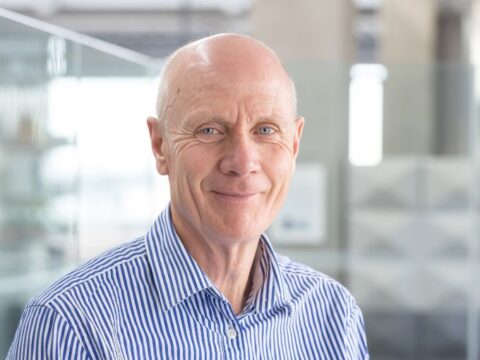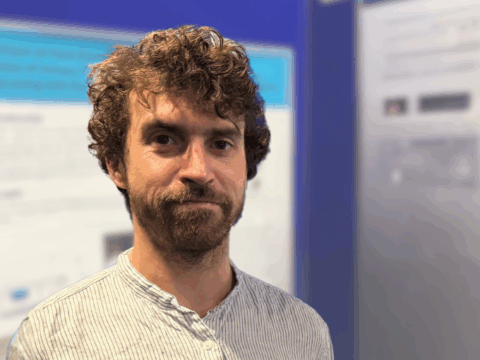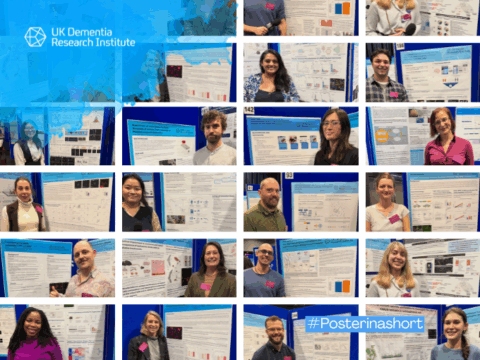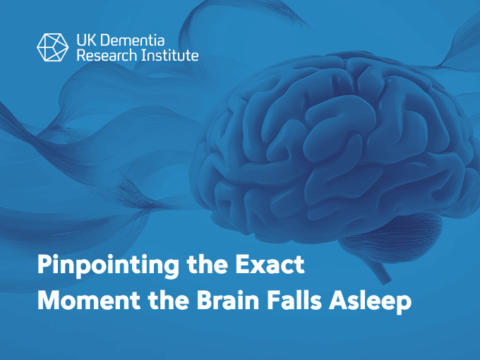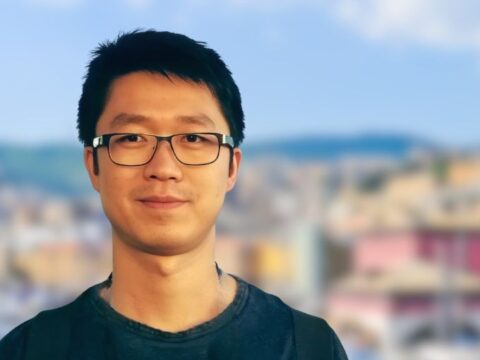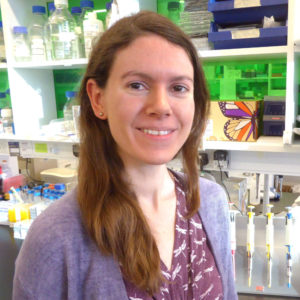
Dr Hazel Hall-Roberts
Name:
Dr Hazel Hall-Roberts
Job title:
Postdoctoral Research Scientist
Place of work / study:
Sir William Dunn School of Pathology & Alzheimer’s Research UK Oxford Drug Discovery Institute
Area of Research:
Neuroinflammation
How is your work funded:
UK Dementia Research Institute at Cardiff University
Tell us a little about yourself:
I first got excited about microglia and Alzheimer’s disease when I was an undergraduate studying biochemistry at the University of Bristol. I had a really fantastic Year in Industry working at GSK (Epinova DPU in Stevenage) on acute inflammation of macrophages, and I also had a life-long interest in neuroscience, which ultimately propelled me into the arms of neuroinflammation research! My PhD work at the University of Bath was actually a small side-step, working with neuronal cell lines to explore potential indirect interactions between the two neurodegenerative disease proteins amyloid-beta and alpha-synuclein. It was all good experience, and I ended up with my dream postdoc job at the University of Oxford, where I have been using stem cell models of microglia to study an Alzheimer’s disease-linked mutation in the gene TREM2, and developing tools and assays to study their behaviour in the dish. My postdoc is a collaboration between the ARUK ODDI and Dr Sally Cowley at the Sir William Dunn School of Pathology. On the ARUK ODDI side, I primarily work with Dr Emma Mead and her neuroinflammation team.
Tell us a fun fact about yourself:
Not many people know this, but I was awarded a black belt in Wado-Ryu karate when I was 16!
Why did you choose to work in dementia?
I can’t remember making a conscious decision to work on dementia, but I’m sure that Oliver Sacks had a bit to do with it – as an undergrad I read “The Man who Mistook his Wife for a Hat” and was absolutely enthralled by neurological diseases. The cases in his book are exceedingly rare, but unfortunately Alzheimer’s disease is anything but rare- so many people are affected by it and so little can be done to manage the condition. I would love to be in the generation of scientists that collectively finds one or more drugs that halt progress of the disease in patients.

 Print This Post
Print This Post